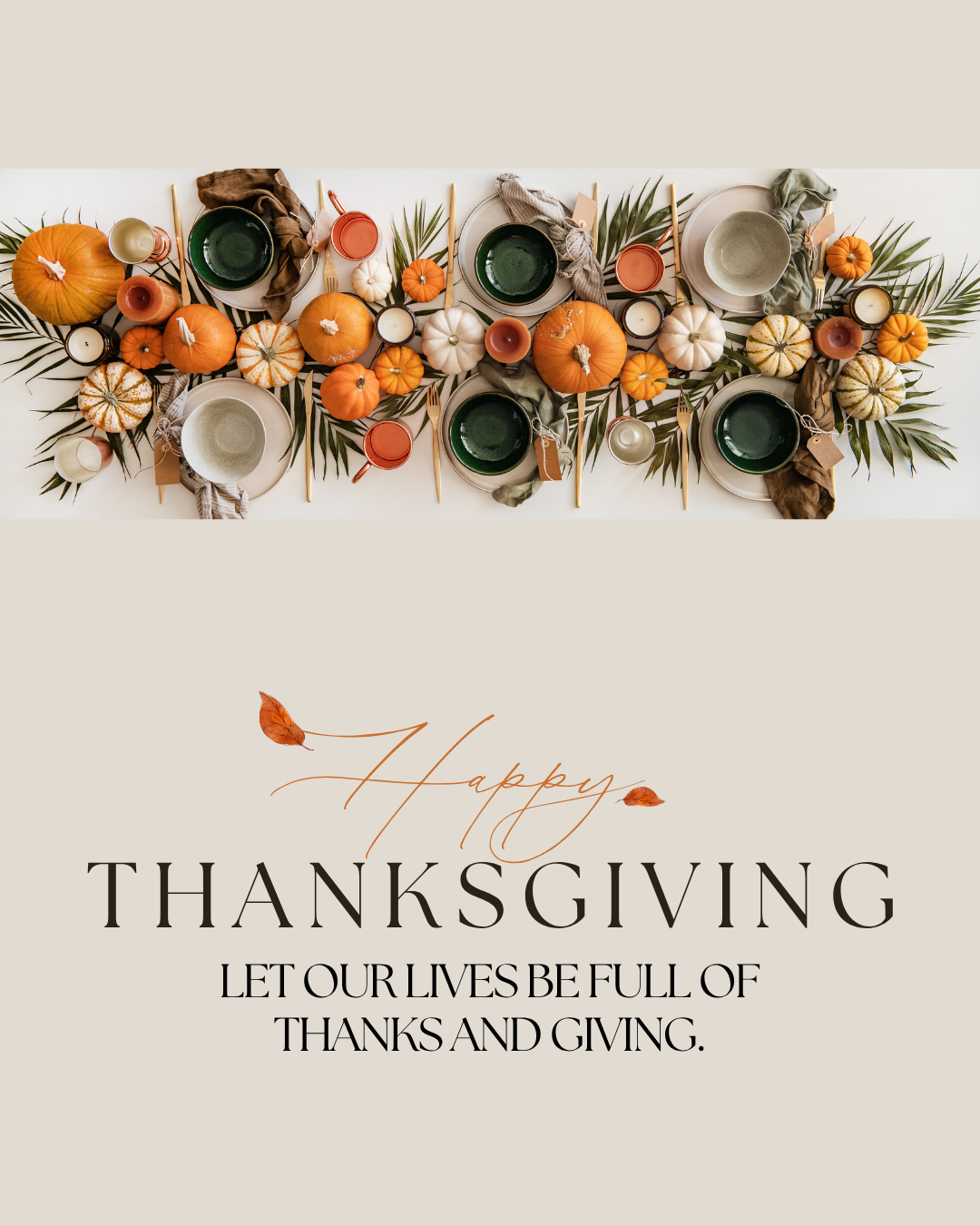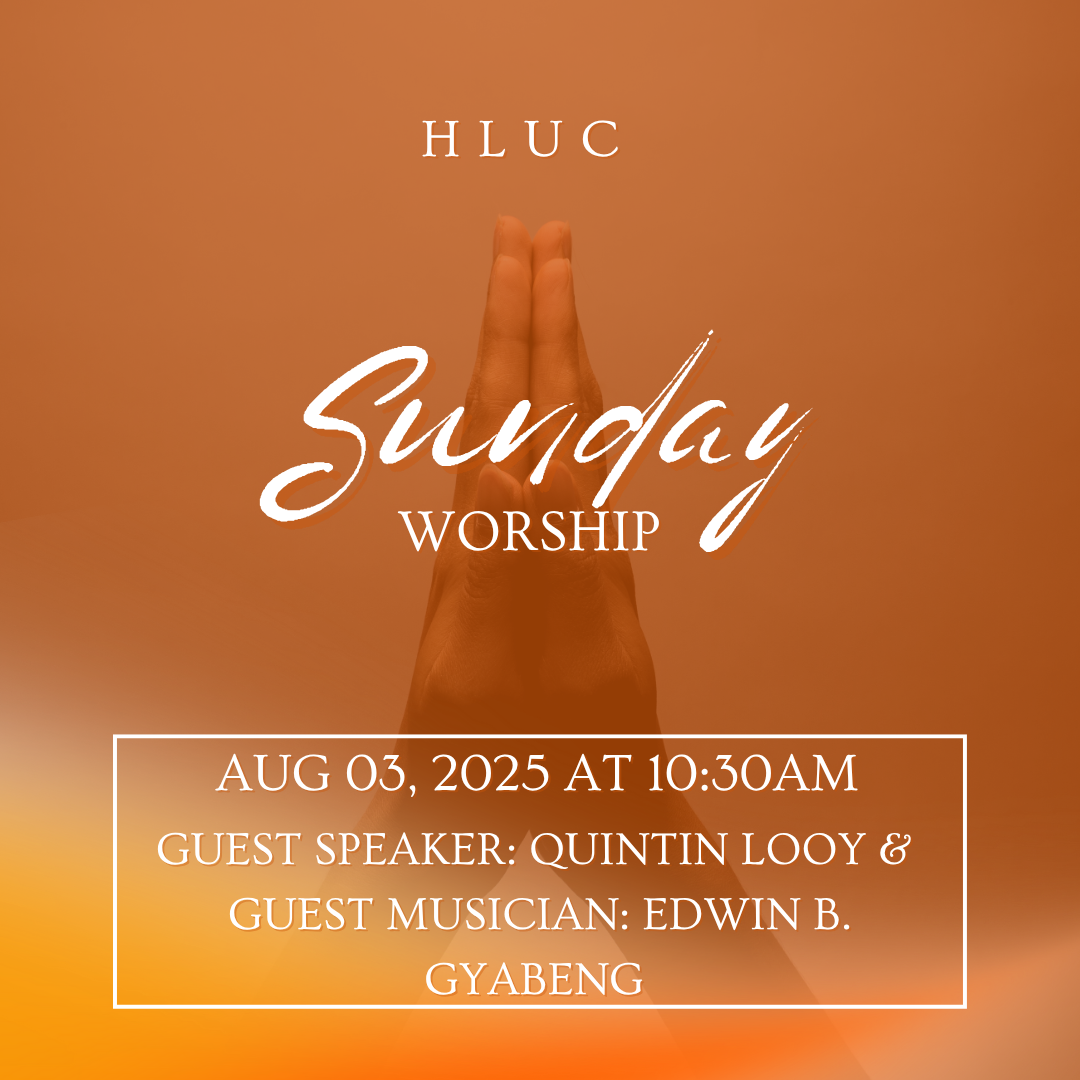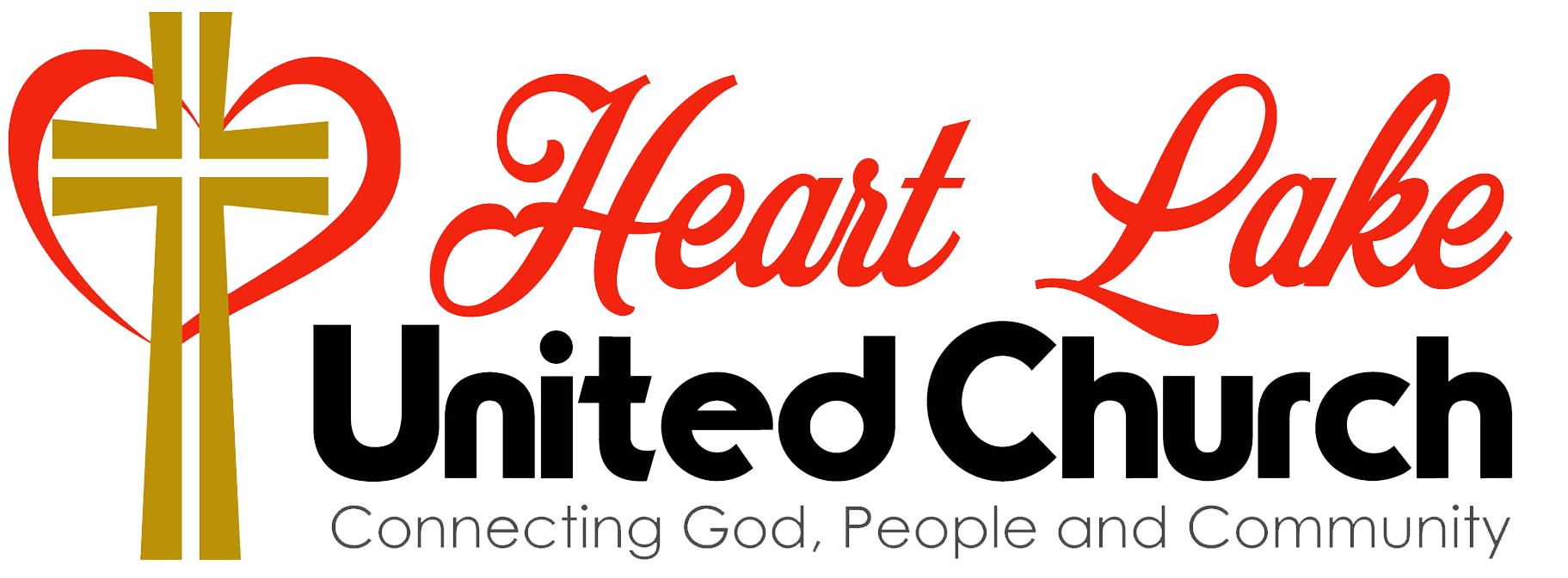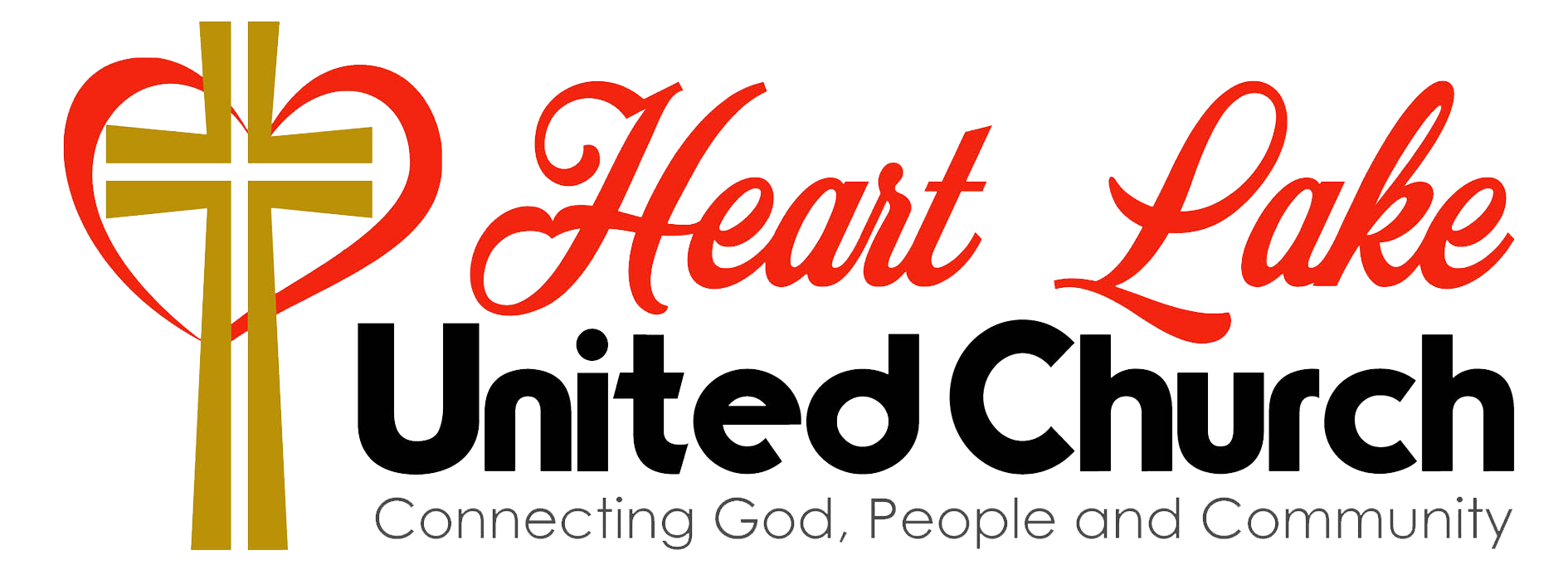By Reverend Jim Cairney
•
October 11, 2025
Friends, Sometimes, best wishes for a happy thanksgiving roll off our lips without thinking. We often assume everyone is having a happy thanksgiving. And, yes, most people are! But sometimes, events and circumstances, losses and disappointments, make thanks-giving difficult, or harder to get to that point of gratitude. We can be more aware of life’s imperfections, and losses, and hurts, than its blessings and delights . Let me say upfront that such feelings are honest – and human – and maybe even necessary from time to time. Sometimes thanks-giving is hard. Sometimes our horizons feel narrower – and our burdens greater -- than when we observed this holiday a year ago. It’s been a challenging year economically for some families, in variety of ways. Some of you have lived through – or are living through -- set-backs of various kinds .Changes in circumstances – changes in health – the loss of loved ones and friends challenge our buoyancy. So, I wonder if our starting point for thanks-giving might be the invitational words of 1 Peter 5 – verse 7. “Cast all your anxiety upon him, because he cares for you. ” We know this. But we need to be reminded, because we rumble around in your anxieties, before you give them to God. Our handing them over isn’t automatic . So, whatever ramps up your anxiety -- whatever circles through your mind when you are trying to sleep -- like planes circling the airport unable to land -- give it to God. Lay it down at the throne of grace. Trust God with it. Give it to God and let God be God. We give it to God, so that God might take your anxiety, and grace your life in that area of concern and hope. Sometimes when we give that anxiety and concer nover to God, we can step-back and gain perspective on it. Sometimes we will experience God gracing that situation. Sometimes we see that God is with us – and already at work – in those problematic circumstances . J. B. Phillips' translation is helpful: “You can throw the whole weight of your anxieties upon him, for you are his personal concern.” God has broad shoulders – can take it all. Never be afraid of burdening God – neither because your burdens are too big – or too small . In a somewhat troubling interview on his 64th birthday, actor Paul Newman expressed some thoughts that -- maybe -- we all have felt from time to time : “I look like I am having a lot of fun, but I should be having a lot more fun than I am. In work, I'm unhappy because I will never be good enough. I'll never be a proper father, or a great lover, or an extraordinary boxer, or a capable skier, or an astronaut. These are things I'm missing. If they say you are accomplished or a great lover, but you don't feel it, what good is it? They make that up about you; it has nothing really to do with you. I'm just a little kid from Shaker Heights who had some luck. I suggest this for my epitaph: ‘Here lies Paul Newman, who died a flop because his eyes turned brown.’” (Beacon Journal) Now, let's be kind. We've all had moments like that, haven't we? (Maybe that’s how you are feeling at this moment.) What is so sad in his statement, is that instead of celebrating what he can still give -- his marvellous creativity, his compassion -- he is stuck in the rut of self-doubt and lamenting what he has already lost. He’s stuck in what might have been. St. Paul, in the third chapter of the letter to the Philippians – reflecting on his life, and God’s call and claim on his life says, “… this one thing I do: forgetting what lies behind and straining forward to what lies ahead, I press on towards the goal for the prize of the heavenly call of God in Christ Jesus.” There is wisdom, in letting what is behind us, be behind us, while continuing to live open to God’s presence and encouragement and call in the present. In God’s grace we learn to be at peace about the past. One of the worst habits of life that we can get into, is counting our losses – counting our “should have’s, could have’s” – comparing ourselves to others – falling short of the expectation of perfection that we lay on ourselves. In such situations self-doubt wins out most of the time. Imagine that these thoughts – these burdens -- are also the ones we are welcome to cast upon the Lord. We discover that our focus shifts to where and how we are blessed. It invites God into those circumstances. In our best moments, we know that gratefulness, cannot be manufactured – or demanded. It comes from the heart – from recognizing how our lives are being enriched – blessed -- by God and God’s gifts. Writer Kris Haig says, “True gratitude bears little resemblance to the forced optimism underlying the admonition to count your blessings.” “Gratitude is not a denial of real pain and loss. It is not a stoic effort to concentrate on the good things in life. It isn't the power of positive thinking.” “We cannot attain a state of gratitude by presenting God with a list of things we think we should feel grateful for, but by presenting our selves and our desire to know God more closely.” (Kris Haig, Grateful Hearts, Presbyterians Today, November 1999, 7.) Gratitude brings us closer to the heart of God. When you heard the words of St. Paul earlier – from the fourth chapter of the letter to the Philippians -- do they wash over you as one quaint platitude after another, or even as a kind of unrealistic demand? We might like to cross-examine Paul and say, “Hey, where’s this coming from? Do you actually know anything about struggling to give thanks? It may help to know Paul's letter to the Philippians was written from a prison cell. Not only is he behind bars, but his great desire, to continue travelling, preaching the gospel in new and distant places, was a lost cause. There he sat old -- and ill -- in a jail, only able to write letters of encouragement and counsel to those he’d already reached. And what of the flipping Philippians? The church in Philippi was not experiencing the best of times. In 1:28, Paul mentioned the opponents the faithful encountered every day. A series of “bewares” in chapter 3, further reveal the tensions and threats facing the Philippians. There’s a conflict between two people noted in chapter four. All this gives evidence to the existence of pressures mounting within the church, as well as disruptive elements clashing outside its family of faith. It is to a full set of problems and anxieties in the Church at Philippi that Paul speaks. It is from a place where it would be hard for most of us to be thankful – and to a place where it isn’t easy to be thankful -- that Paul writes these wonderful encouraging words: Rejoice in the Lord always; again I will say, Rejoice. Let your gentleness be known to everyone. The Lord is near. Do not worry about anything, but in every-thing by prayer and supplication with thanksgiving let your requests be made known to God. And the peace of God, which surpasses all understanding, will guard your hearts and your minds in Christ Jesus. Rejoice in the Lord. Rejoice in what God has done for us. Be gentle with one another – be gentle with yourself. The Lord is near – in the best and the worst of circumstances. Do not worry. Worry intimates a lack of trust in God's care. We give your worries to God. Be prayerful and thankful about your situation. For those able to rejoice in the Lord, and go to the Lord in prayer with thanksgiving, Paul promises a thanksgiving gift -- the peace of the Lord. And he goes on to say… Finally, beloved, whatever is true, whatever is honorable, whatever is just, whatever is pure, whatever is pleasing, whatever is commendable, if there is any excellence and if there is anything worthy of praise, think about these things. Is this not the foundation of thanksgiving – to call to mind and heart what is true, honourable, just, pure, pleasing, excellent -- and things worthy of praise? Maybe this is our homework as people of faith – to meditate on this little list and see where it takes you. I dare say, it will take us to gratitude – it will take us to God – it will take us deeply into thanks-giving. -- Reverend Jim Cairney






